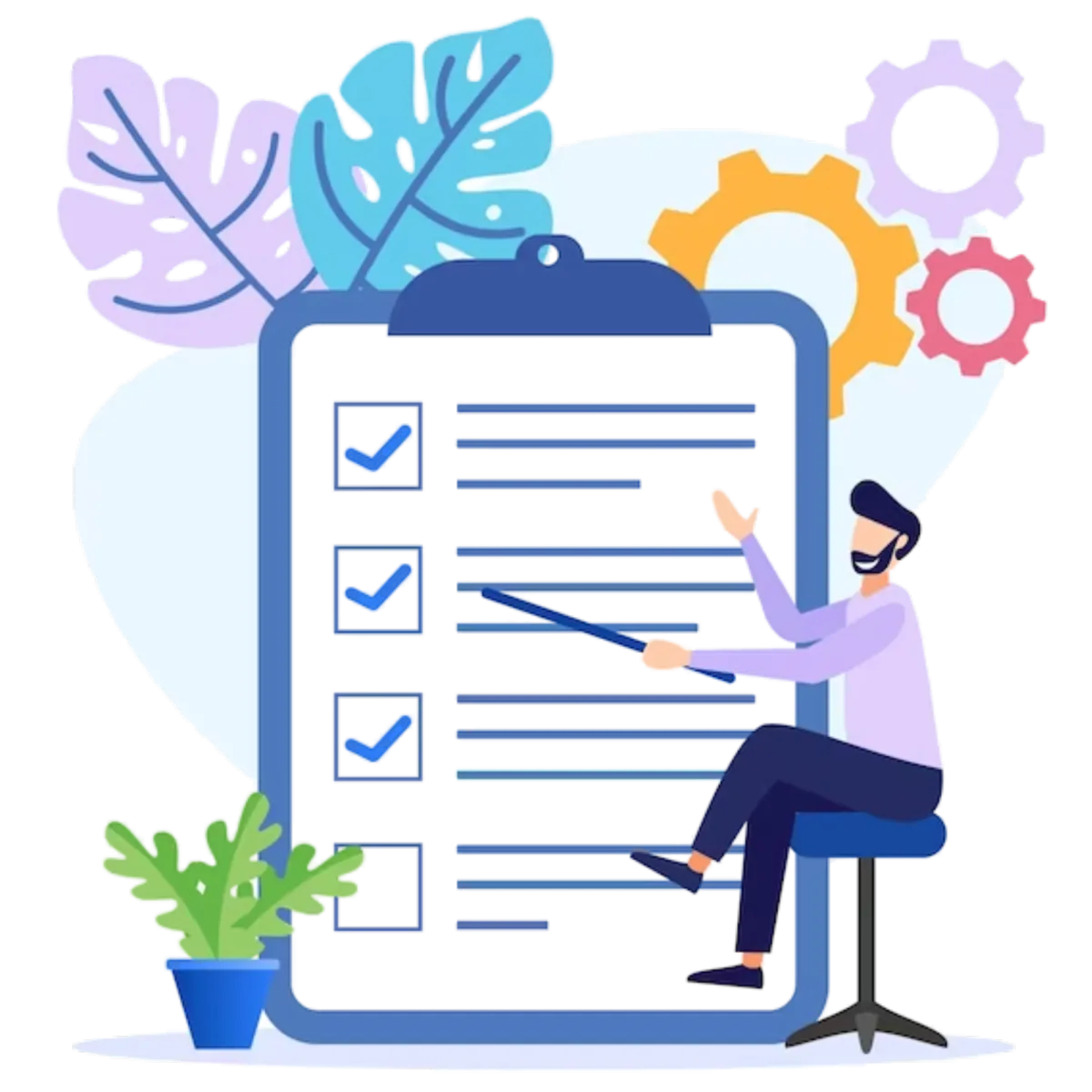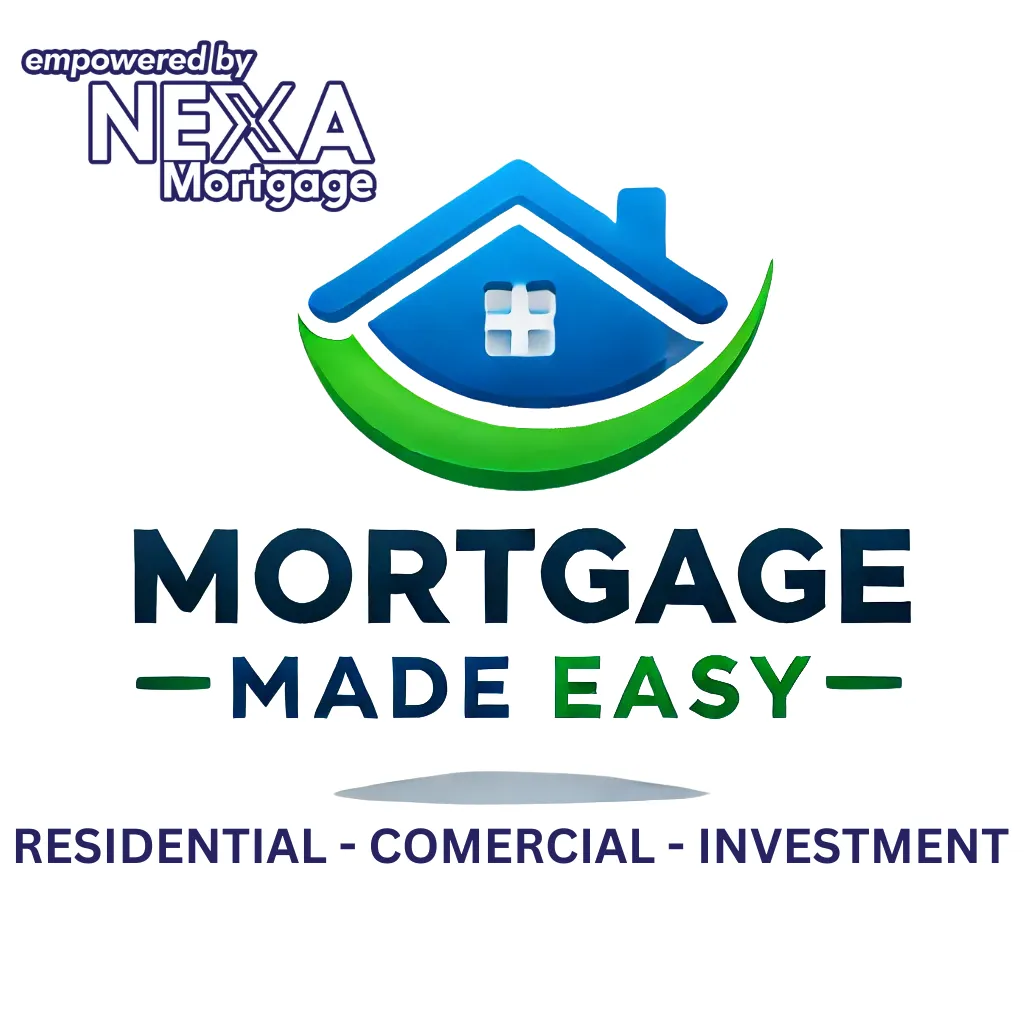
Self Employed Home Loans
Self-employed loans are designed for individuals who earn their income independently, such as freelancers, small business owners, contractors, or entrepreneurs. Unlike traditional employees who receive a W2, self-employed borrowers need to provide different types of documentation to prove their income, since they don’t have a fixed salary.
These loans come with unique requirements, such as providing tax returns for the past two years, bank statements, and in some cases, profit and loss statements. Although the process may seem more complex, there are many options available to help self-employed individuals qualify for a mortgage to finance their home or investment property.
Curious to know more? Keep reading to discover how you can qualify for a self-employed loan, what documents you'll need, and how you can make homeownership a reality even if you're your own boss.


Are You Self-Employed? Here’s Everything You Need to Know About
Mortgage Loans
It’s common for self-employed individuals, whether you’re a sole proprietor, have an LLC, or run a Corporation, to feel uncertain when applying for a mortgage loan. However, I want to clear up that there’s no need to worry. Let me explain why.
Can I Qualify for a Mortgage if I’m Self-Employed?
The answer is yes! As long as you’ve filed your taxes for the last two years, your situation will be evaluated just like any other borrower. Lenders need to verify your income to ensure you can meet the mortgage payments, and for self-employed individuals, this verification is done through your tax returns.
In addition to your tax returns, self-employed borrowers may need to provide additional documentation to prove their income, such as bank statements, profit and loss statements, and other financial records. These documents give lenders a clear picture of your financial situation, even if you don’t have a traditional salary.


5) Self-employed home loans may have higher interest rates compared to traditional loans
6) These loans can be used for various purposes, including purchasing a primary residence, a vacation home, or an investment property
7) Self-employed home loans provide an option for entrepreneurs and freelancers to achieve homeownership, even if they don't meet the traditional lending requirements.

It’s also possible that lenders may require you to have a higher credit score compared to other borrowers. But if you’re not there yet, don’t worry. I’m here to help you improve your credit score and get to where you need to be to qualify for a loan.
Don’t Just Guess – Let’s Talk!
If you’re unsure whether you qualify, don’t just guess and assume you won’t. Give me a call, and we can review your situation together. I’ll help you understand where you stand and what steps to take, so you don’t miss out on the opportunity of homeownership.
What If I Haven’t Filed My Taxes Yet?
If, for some reason, you haven’t filed your taxes for the last two years, there’s no need to panic. The solution is simple: you need to get up to date with your tax filings. This will allow you to prove your income and meet the lender’s requirements to proceed with the mortgage application process.


5) Self-employed home loans may have higher interest rates compared to traditional loans
6) These loans can be used for various purposes, including purchasing a primary residence, a vacation home, or an investment property
7) Self-employed home loans provide an option for entrepreneurs and freelancers to achieve homeownership, even if they don't meet the traditional lending requirements.

Tips for Self-Employed Individuals Looking to Apply for a Mortgage:
1. Keep clear records of your income and expenses. This will make the tax filing process easier and help you gather the necessary documentation.
2. Declare all your income. Sometimes self-employed individuals try to reduce their taxable income to lower their tax burden, but this can hurt your ability to qualify for a mortgage.
3. Make sure you have at least two years of filed tax returns. Most
lenders will require a two-year history to assess your financial stability.
There’s Nothing to Fear
If you meet these requirements and your taxes are up to date, you can qualify for a mortgage just like any other borrower. Self-employed home loans provide an excellent option for entrepreneurs and freelancers to achieve homeownership, even if they don’t meet traditional lending requirements.
If you have any questions, want to know your specific situation, or need help improving your credit score, call me today. I’m here to guide you through every step of the process and make sure you understand all your options.


5) Self-employed home loans may have higher interest rates compared to traditional loans
6) These loans can be used for various purposes, including purchasing a primary residence, a vacation home, or an investment property
7) Self-employed home loans provide an option for entrepreneurs and freelancers to achieve homeownership, even if they don't meet the traditional lending requirements.
© Copyright 2023 Mortgage Made Easy. All rights reserved
.Mortgage Made Easy
. - |
.
Notice To Texas Loan Applicants: Consumers wishing to file a complaint against a mortgage banker, or a licensed mortgage banker residential mortgage loan originator, should complete and send a complaint form to the Texas Department of Savings and Mortgage Lending, 2601 North Lamar, Suite 201, Austin, TX 78705. Complaint forms and instructions may be obtained from the department’s website at www.sml.texas.gov
.
A toll-free consumer hotline is available at 1-877-276-5550. The department maintains a recovery fund to make payments of certain actual out of pocket damages sustained by borrowers caused by acts of licensed mortgage banker residential mortgage loan originators. A written application for reimbursement from the recovery fund must be filed with and investigated by the department prior to the payment of a claim. For more information about the recovery fund, please consult the department’s website at www.sml.texas.gov
